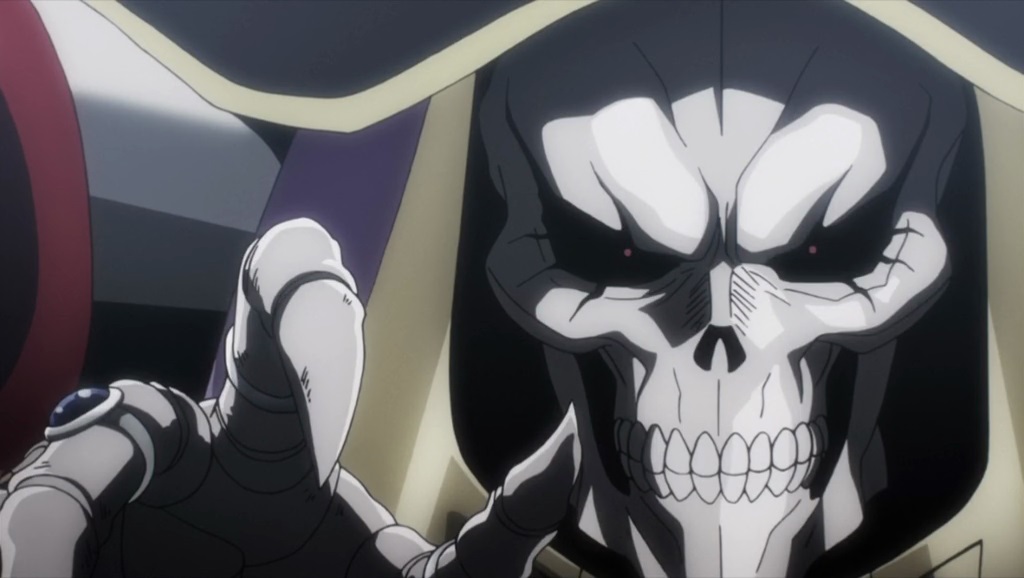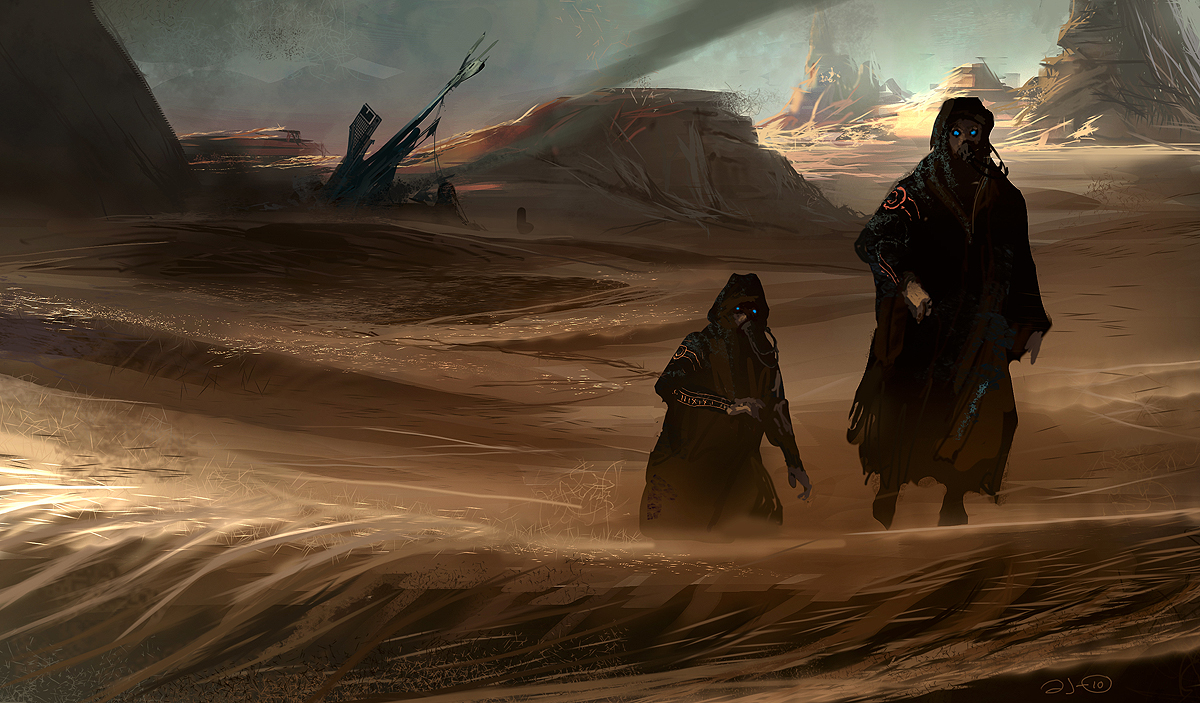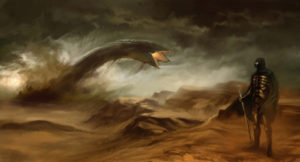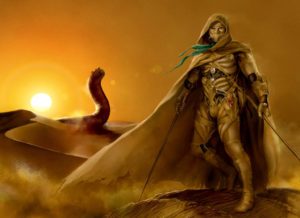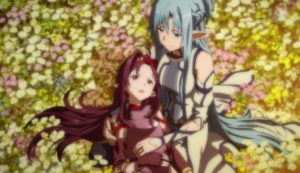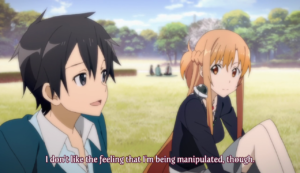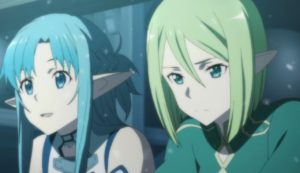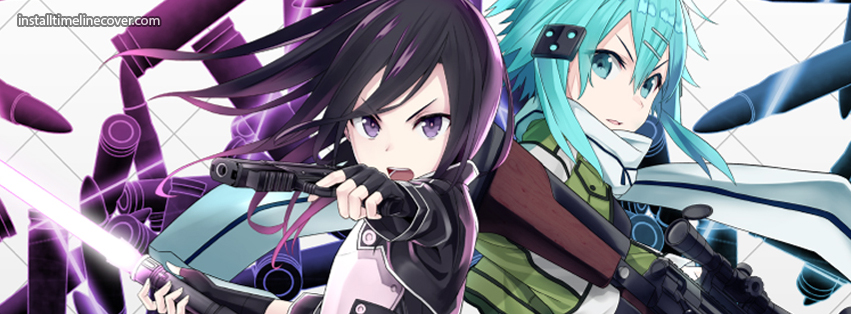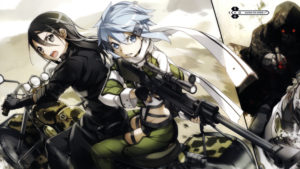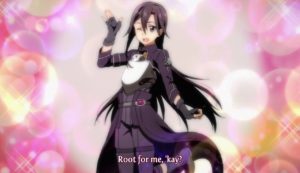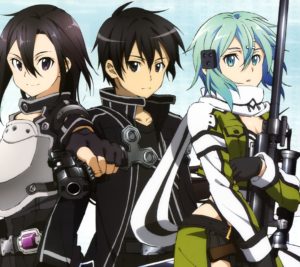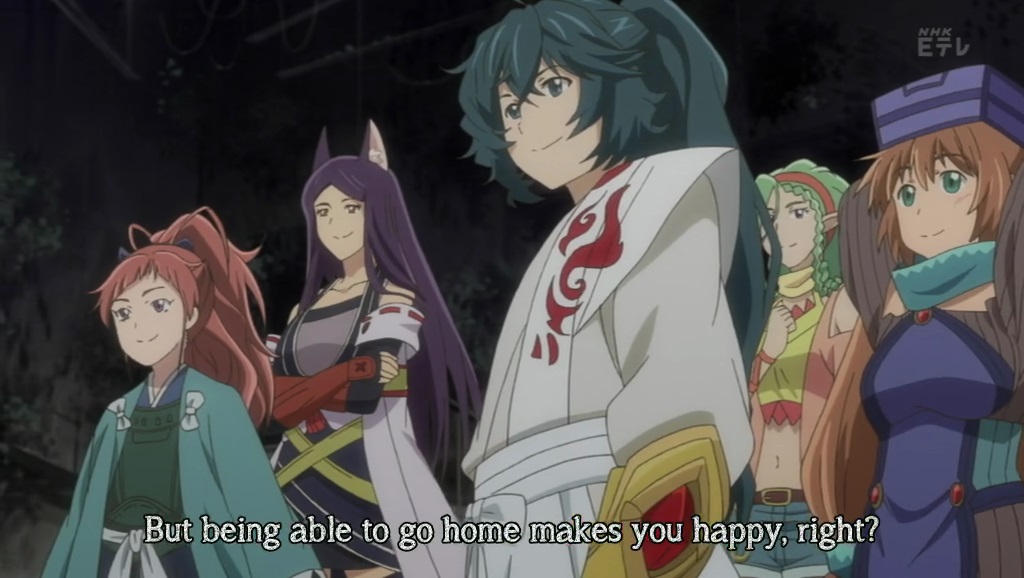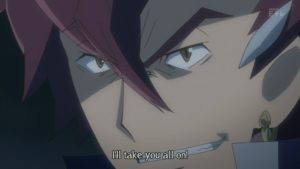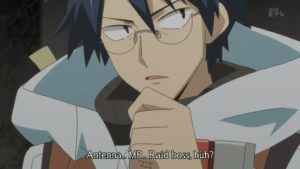Overlord is yet another isekai anime about an overpowered main character who gets stuck in the world of a videogame. The slight twist on this one is that the main character Momonga a.k.a. Ains is an undead character with a legion of undead servants under him, all loyal to his every command and willing and eager to help him conquer the world.
The good: The slight twist on the setting and the characters’ slightly different morality makes Ains/Momonga and his companions a little more interesting than the “Must save everyone” hero-complex characters that populate 90% of these kinds of shows. For example Ains leaves NPCs dead when he could easily resurrect them (because resurrection would draw the wrong kind of attention). His party also murders another NPC party to keep them out of the way and so they can experiment on the corpses later. Of course these aren’t exactly commendable actions, but their unusual approach to the world makes them unpredictable and thus more interesting to watch.
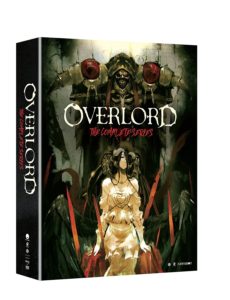 Overlord also has a fair bit of action and combat – much more than I had expected given Ains’ goal of merely getting famous. I thought he would concentrate more on politics and magic, but he transforms into a warrior class and dukes it out with random mooks instead.
Overlord also has a fair bit of action and combat – much more than I had expected given Ains’ goal of merely getting famous. I thought he would concentrate more on politics and magic, but he transforms into a warrior class and dukes it out with random mooks instead.
Which was a bit… sad. Sword-using main characters are a dime a dozen in isekai shows, and there’s already a famous dual-wielder out there. The battles Ains fought using his magic, items and skills were far more interesting than the hack-and-slash he used to take on some of the enemies. I hope future battles will focus more on his magical side and less on his Kirito-wannabe tendencies.
Last thing to praise Overlord for: the humor. Though the funniest moments came in the Pure Pure Pleiades specials and not the main series, the show still had some humorous moments. …Or so I thought, but now that I try to come up with examples, nothing really comes to mind. I’ll just say the show had a uniformly light, friendly and adventurous tone even when bodies were falling like raindrops all around. Even the death of some well-developed NPCs wasn’t all that depressing or saddening because the main characters take it all in stride.
The bad: Tasteless and needless vulgarity especially from the characters Shalltear and Albedo. And Cocytus in the specials. Also the show didn’t need to be quite so gory, it smacked of someone trying too hard to make the show hardcore and different from other fluffy game world shows.
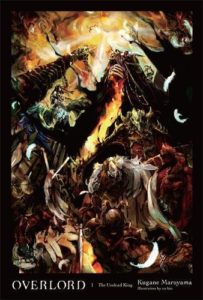 The unsatisfying: Shalltear felt inadequate as the ‘final’ boss of an anime series. She was more or less a joke character throughout the show, then suddenly she’s being treated like this giant threat nobody can possibly beat no matter what? I didn’t buy it. Though I admit the final battle was suitably epic, the opponent should have been equally epic and not the previous butt of everyone’s jokes.
The unsatisfying: Shalltear felt inadequate as the ‘final’ boss of an anime series. She was more or less a joke character throughout the show, then suddenly she’s being treated like this giant threat nobody can possibly beat no matter what? I didn’t buy it. Though I admit the final battle was suitably epic, the opponent should have been equally epic and not the previous butt of everyone’s jokes.
Bigger complaint, Overlord really should have been a 26-episode anime. At the end of the 13 episodes things have only really begun to get started. Ains has only just managed to get famous in one city. His bait ploy involving Sebas and Solution has just gotten underway. Powerful characters like Gazef and Brain have met. And most importantly, the only possible threat to Nazarick’s reign, the Slane Theocracy, has just started to show its true nature. Ains Ooal Gown and Slane are on a collision course without a doubt. What’s going to happen now?! Eh? Roll credits? Last episode? You want me to read the light novels to find out what happens next? NOOOOOOO!
Conclusion: Overlord is a fun show, but much too short. It has some good action, a charming cast and an overpowered but still somewhat relateable main character (the gap between Momonga’s scary appearance and diffident true nature always made me smile). If you can overlook the occasional gore and off-putting fanservice it is very much worth a watch.
The only downside is that season 1 will leave you itching for more. Which is what all first seasons are meant to do so I can’t complain. If you don’t mind light novels, I recommend reading the light novels instead so you don’t end up like me, champing at the bit for the next installment. Or you can join me in hoping for a sequel. Season 2 where?!
